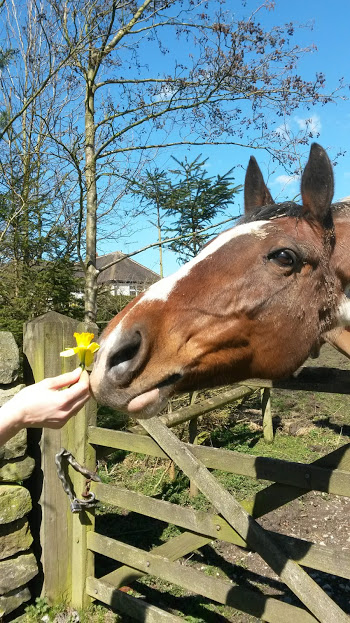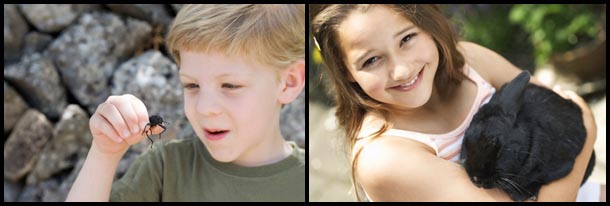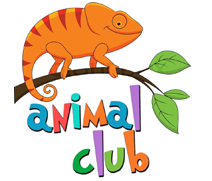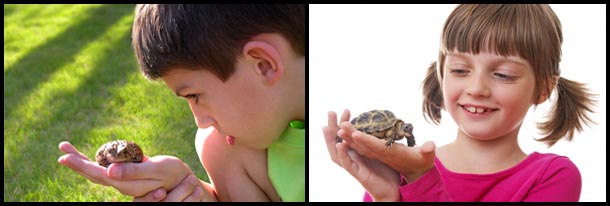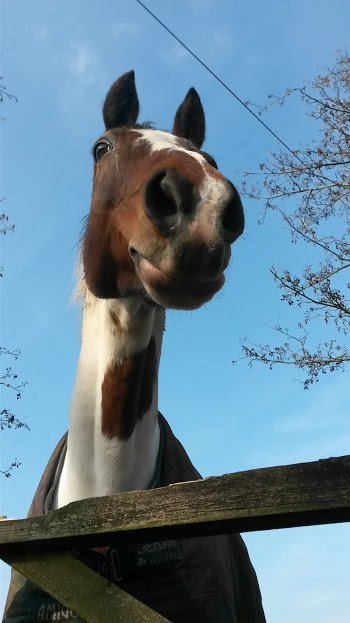Ever dreamed of keeping a horse?
Owning a horse can be a pleasant and enjoyable experience, however it is also a huge responsibility. With the right care your horse can be fit, happy and healthy.
There are many aspects of caring for a horse. Here are the basics of owning one.
Food
Unlike humans horses are strictly plant eaters. They should have a varied diet of grass, hay and treats. Some other foods, like grains and minerals, are good for them too. But be careful! Any change in a diet should be graduate. Otherwise horses can get sick and will have to go to a vet!
You should not feed them things like:
- cores, seeds and pits! Horses love fruits! But remember to cut fruits into small chunks (to prevent choking) and remove seeds and pits (they can be toxic) before feeding them to your horse. Here is how to prepare fruits for horses.
- wheat or rice bran (those are hard outer shells of the grains)
- your home plants (that spider plant belongs on your windowsill, not in your horse’s tummy)
Water
Clean water should always be available. A medium size horse will drink about 40 liters of water every day! An average adult human, in comparison, needs about 2 liters of water daily!
Space
Horses are…well…big! A horse will need lots of space to walk and run around! In practice, this means your horse will need a paddock ideally around 600 square ft. However if you are short on space anything over 250 square ft would be ok.
Your horse will need a shelter too! It will protect the animal from extreme weather, wind and rain.
Exercise
To keep your horse fit and happy you will need to exercise it for at least two hours every day. A horse should also be saddled and ridden regularly.
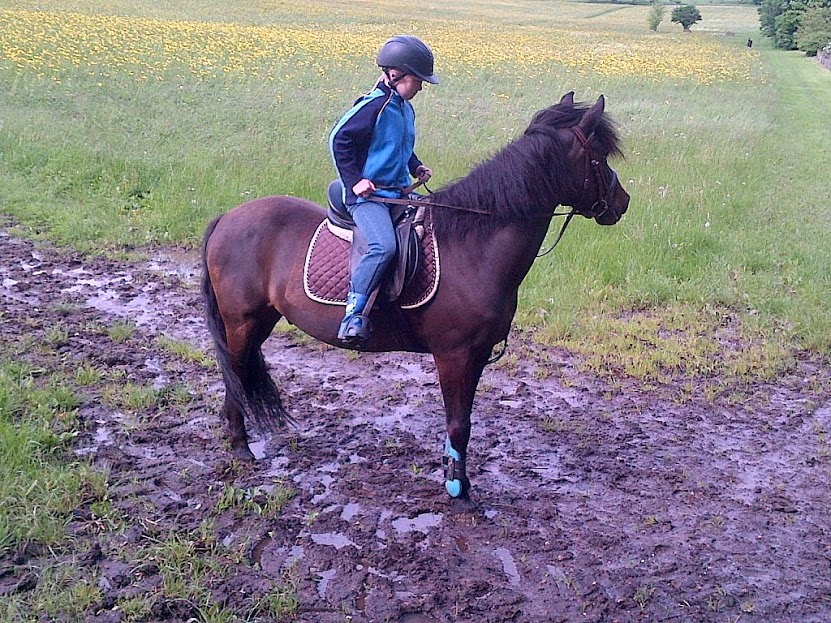
Company
Horses will always enjoy company, whether of a human or another horse. Horses are social animals so they should be given a chance to live together. If they are in separate paddocks but get along well, horses should have a time when they can see each other (or chance to interact in there paddocks). Horses that do not get on well should not be housed together or even be in paddocks next to each other. (Just like humans, right?)
If your horse can be ridden, consider taking riding lessons. This way you can spend more time with your horse as well as learn how to be a good rider.
If you are an experienced rider already, you and your horse will enjoy hacking out! It is a fun exercise that will allow your horse to explore new surroundings and increase the bond between you two!
Grooming and looking after the horses
Grooming is an essential part of caring for a horse. You should groom your horse as often as possible or at least before riding (or driving). This is a good opportunity to check the condition of your animal’s skin and hooves! Grooming is very time consuming!
Just like us, humans, horses are affected by various diseases. Luckily, many can be prevented by simple vaccination! It is extremely important to be able to identify the signs of sickness early. The common illnesses include influenza, tetanus, equine herpes and strangles.
These diseases are contagious and if given the chance will spread from horse to horse. Make sure you know the signs of the common illnesses well and consult your vet if in doubt.
Conclusion
If you are considering owning a horse, make sure you are able to do all the things above.
Keep in mind that although horses are great companions and very exciting pets they require a lot of time, love and attention.
Thank you for reading!
